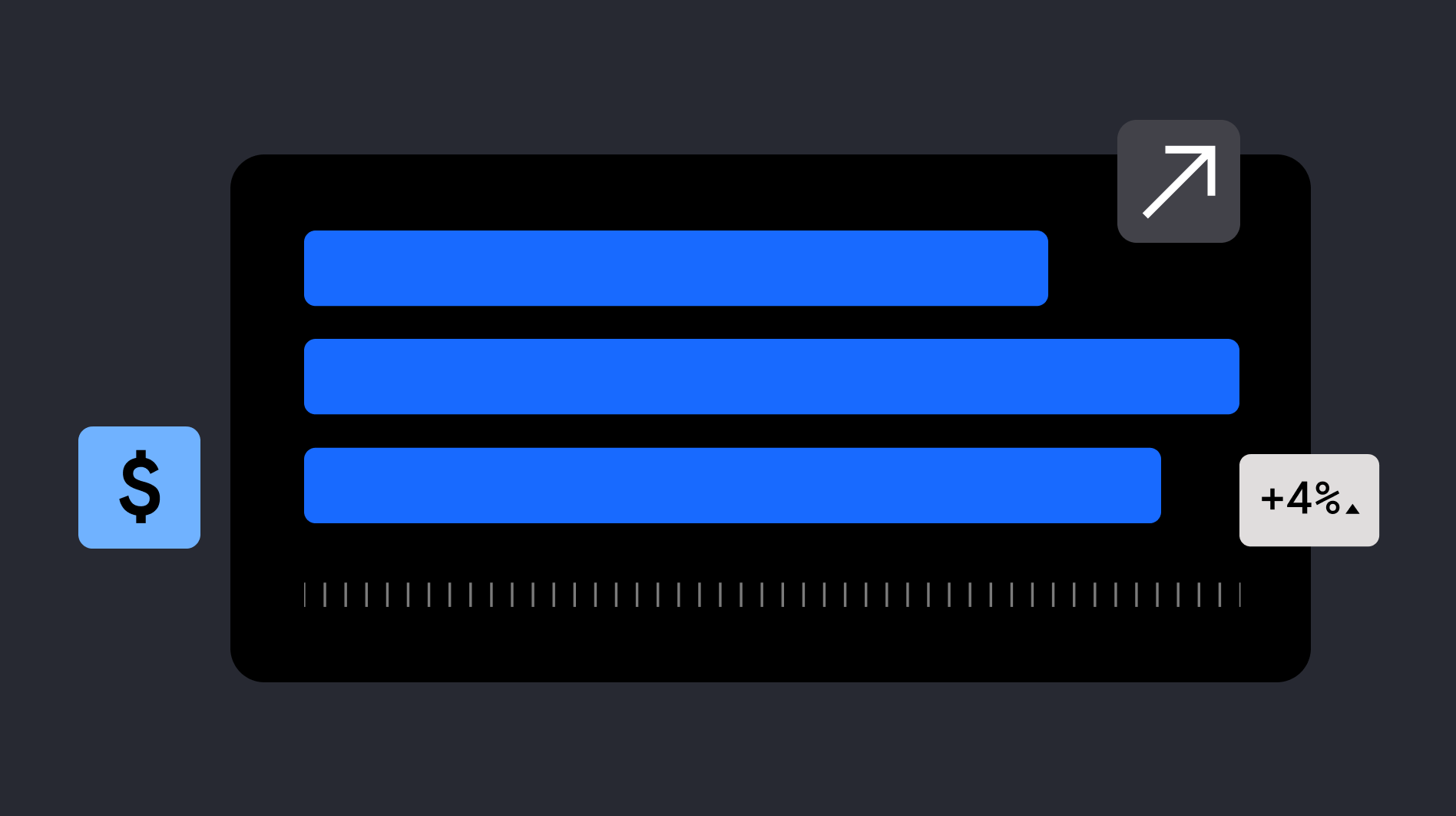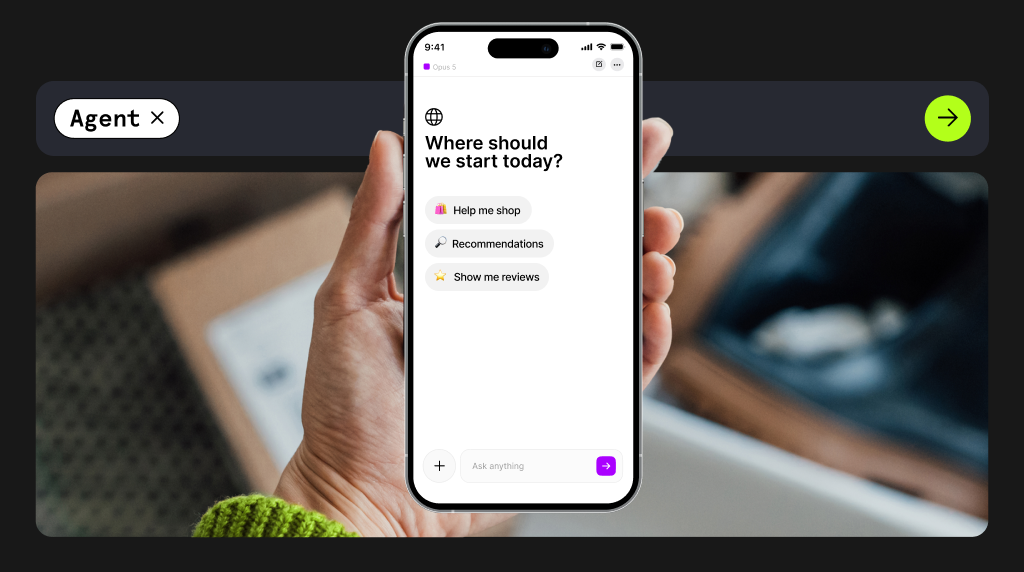In recent years, the business model of online video game monetization has evolved from a reliance on one-off game purchases and subscription-based games to a model of free-to-play titles that offer a low barrier to entry (and high barrier to exit due to sticky design). The pendulum has swung so far, in fact, that in 2017 free-to-play-based games made up 82% of digital games revenue based on these distinct monetization models.
The hugely successful massive multiplayer online (MMO) game, Fortnite, has earned Epic Games nearly $3 billion in profit (yes, profit) since its inception based on this freemium model and boasts an estimated 200 million players worldwide. And revenue from gaming shows no signs of slowing down with in-game consumer spending worldwide expected to reach $32 billion a year by 2020 and PC and console games revenue worldwide is projected to reach $18 billion a year by 2022.
Free-to-play games earn the majority of their revenue through microtransactions, or small transactions whereby players make in-game purchases of digital goods that include things that give a player an advantage in the game, ways to change the look of their character or avatar, loot boxes, or leveling up. While lucrative, the “games as a service” model pose risks for consumers, with players who possess valuable digital items being at greater risk to fraud and hacking.
As consumer and player habits evolve in the digital world, video game publishers must have a proper strategy and gaming payments processing solution as they launch new titles or target markets to successfully convert players into payers.
Here are a few very important things to consider to optimize your payments strategy:
1. Adopt newer, better payment technology - Stay ahead of the curve by employing the newest payment technology that unifies the payment process and enables a game publisher to accept more transactions. Your PSP should have domestic acquiring, feature parity on all major card brands, and offer a wide range of alternative and locally preferred payment methods – all through a single API. Additional features like SDKs, a testable sandbox, easy APIs, clear technical documentation, device-agnostic and mobile-friendly payment capabilities are also imperative.
2. Localization is key - Aside from making sure that gamers can play their favorite titles in their preferred language, it is equally important to give them the ability to pay in their local currency and preferred payment methods. Gaming publishers should include alternative payment options for their target markets, player demographics, and monetization models.
3. Fast, frictionless checkout process - The name of the game is to keep players engaged and playing. Clunky re-directs or avoidable added steps to the payment process will do the exact opposite. Tokenizing a player’s payment details in order to enable one-click payments or recurring transactions is critical.
4. Scheme tokens - PSPs that support scheme tokens will automatically update your customers’ card details, card expiration dates, and offer built-in PCI compliance, saving you from declined transactions and redundant work. Scheme tokens offer seamless processing by helping companies avoid secondary processing costs and eliminating outreach to customers for card updates.
5. Data granularity - Data is king. Your PSP should have a reporting API that will allow you to extract data whenever you want and provides the necessary granularity to manage transaction responses, reconciliation, fraud, and disputes from a simple API call. Data from your PSP should be robust, detailed and easily accessible – ultimately helping to inform actionable business decisions, be equipped with retry strategies for declined transactions, identify missing payment options in key markets, and achieve optimal authorization rates.
6. Reliability - Payment platform downtime equals a poor player experience, lost transactions, and lost players and payers. Your PSP platform should offer quick and efficient API responses, optimal routing of transactions and retries, tailored fraud screening, minimal third-party interactions, and a reduction of technical fail points. Your PSP must also be able to reliably handle large transaction volumes without compromising speed.
7. Have access to a dedicated team of experts - Find a PSP that is dedicated to your short and long-term goals. As your company grows and strategies pivot, your PSP should offer guided solutions for any new challenges and goals you may face. Your PSP should also consistently have their finger on the payment pulse and be able to adapt and innovate new features and functionalities based on changing demands within the payment and gaming zeitgeist. Having global and local payment experts and dedicated Customer Success teams that employ a consultative approach to your ongoing payment needs is also a must.
Video game companies should be looking to enhance their business model with the proper payment product mix and applicable functionalities. As experts in gaming payments, we understand that the landscape is ever-changing and are equipped to adapt to them quickly. Checkout.com provides the expertise and processing capabilities to allow gaming companies to make the right business decisions for their gamers.





.jpeg)


%20v1.jpg)


.png)

.png)


